Tiffany Lee Mei-fan was a full-time salesperson in an IT product distribution company. She had previously held a job as an office accountant. But at 6pm sharp every evening, she would sprint to sports pitches all over the city – for training, coaching or competitive games – as the captain of the Hong Kong representative football team.
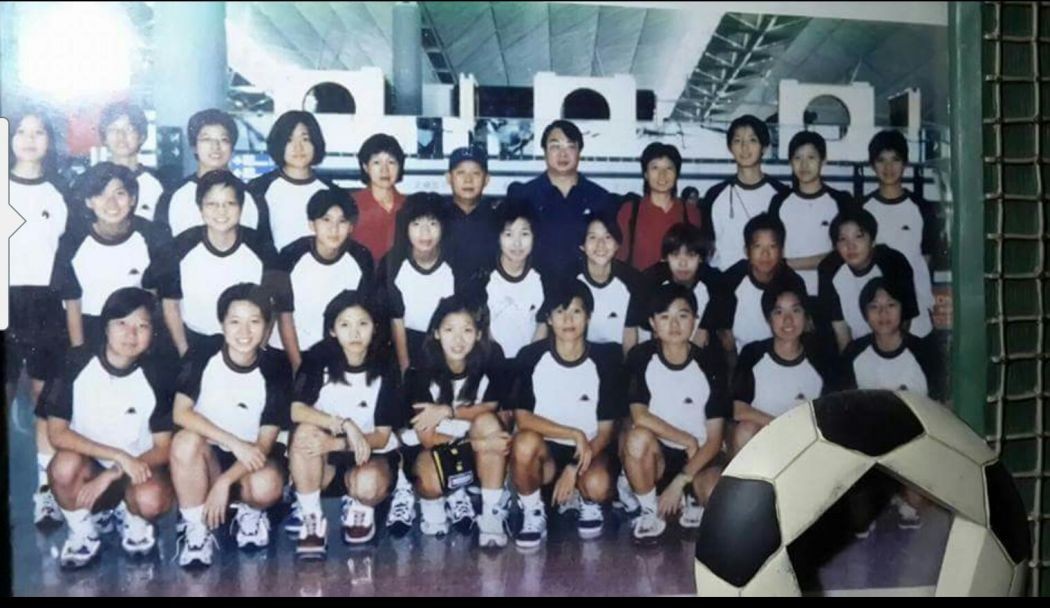
Women’s football is a strictly amateur sport in Hong Kong. While the men’s representative team has earned recognition, praise and lucrative transfers to the Chinese Super League since their performances in the recent World Cup qualifying campaign, their female counterparts must juggle the sport with full-time careers, often for no compensation.
Until recently, the women’s football league was poorly organised. One season was sometimes played over the course of two years, resulting in a lack of regular games. There were few avenues for young players to hone their skills, as there was no youth league: this meant that some girls played full-contact competitive football against adults twice their age.
Now the head coach of the Chelsea FC Soccer School – one of 11 teams in the women’s league this year – Lee believes that she had a fortunate career before she retired. “My boss allowed me to take extra holidays every year to travel with the Hong Kong team; perhaps it was because he liked football as well. I’m not sure today’s employers would be so accommodating.”

As a child, Lee was introduced to the sport by her brothers, dribbling the ball through the narrow corridors of public housing estates and using the elevators as a goal. It was only at the age of 15 that she first received formal training, through a summer course for girls held by the Hong Kong Football Association (HKFA). She vividly remembers being so nervous that she “wandered outside the grounds for a long time, and did not pick up the courage to walk in and introduce herself until the second day of training”.
Both Lee and Jun-jun Lau, a former Hong Kong under-18 player, claim that women’s football suffers from a lack of promotion. “The local league is not easily accessible; it’s not as if there are any advertising banners. Young girls might not have heard of anything apart from the inter-school league [organised by the Hong Kong Schools Sports Federation],” says Lau.
“It depends on luck whether you get the opportunity to play. For example, my teammate was a high school physical education teacher who would recruit her best students into her football team.” Lau eventually managed to play four or five times a week during her school years, owing to her commitments at both club and national-level.
Given these limitations, the women’s football teams of Hong Kong have arguably been over-achievers, at least historically. With funding from businesswoman Veronica Chan Yiu-kam, the city hosted the Asian Women’s Championships on four occasions in the 1970s and 1980s. The team achieved a highly respectable fourth place in 1981 and 1989.
Across the border, female footballers reached heights that their male counterparts can only dream of. The Chinese women’s team were runners-up in the 1999 FIFA Women’s World Cup, narrowly losing to the United States in Pasadena, California through a penalty shoot-out after extra time. The Taiwanese team – nicknamed the Mulan team after the legendary female general – won the Asian Championships on three occasions.
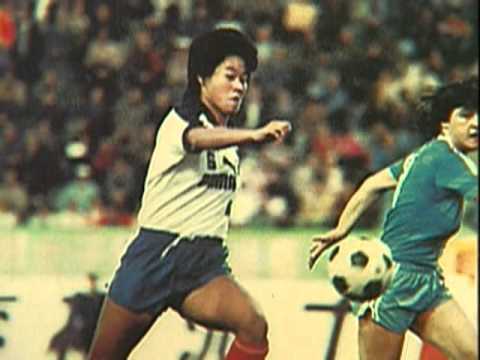
After graduating from high school, Lau went to study in the United States. She relished in the “eye-opening experience” of playing football at her new home. “At university, one of my teammates was a former English national player trained by Arsenal Ladies, and another was the captain of the California state team.”
“In terms of skill, Hong Kong’s female footballers aren’t any worse than American college athletes. We are only behind in terms of physicality, strength and stamina.”
Despite delivering promising results, some female footballers still face opposition from conservative families. Lee is aware that some of her players at the Chelsea FC Soccer School “pass their football jerseys to other girls to be washed after matches”, so that their parents would not discover their sporting commitments. “Others wash their jerseys only when nobody else is at home.”
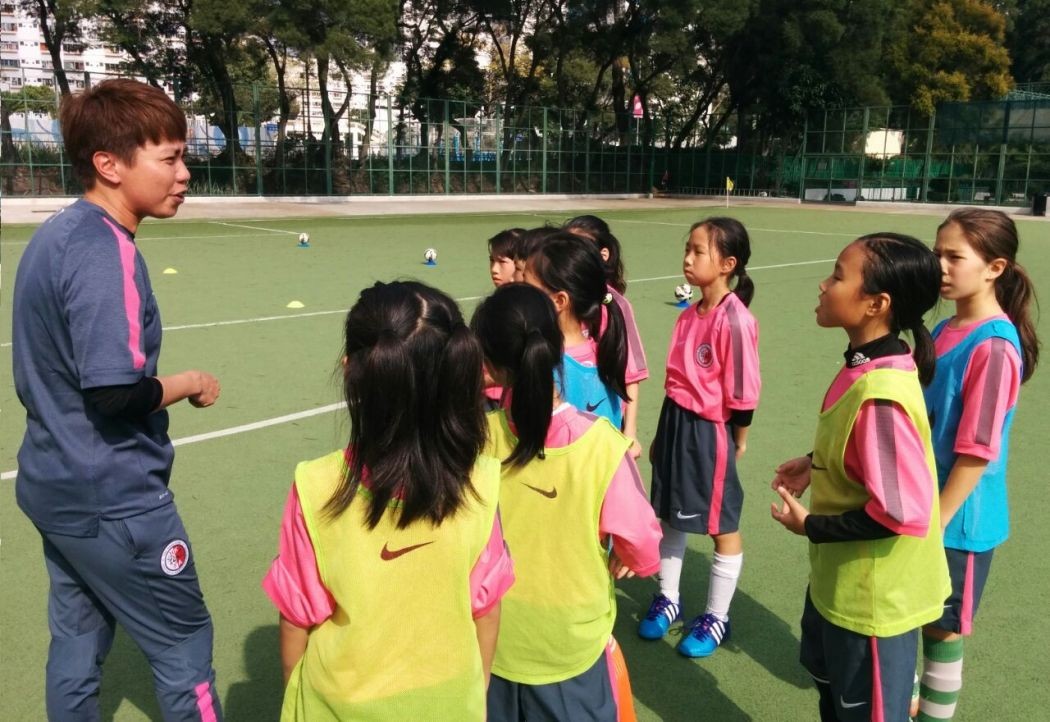
Project Phoenix
In April 2011, the HKFA began implementing Project Phoenix, a series of reforms which it hoped would revitalise the city’s football scene. Through the project, the HKFA began to receive an annual grant of HK$20 million from the government. The following year, management duties of the women’s football league were handed over from the Hong Kong Ladies Football Association to the HKFA.
Since then, the duration of each season has been limited to one year, with the women’s calendar mirroring that of the men. In 2013, the HKFA established a women’s youth league for the first time. Two years later, the league introduced the Hong Kong Jockey Club Charities Trust as a partner.
While Lee agrees that recent reforms have improved the footballing environment, she believes that the authorities could do a lot more to support women as they do for the men, citing the lack of pitches available for training as an example. “Men’s district teams usually book football pitches in partnership with the local District Councils; the councils would reserve certain time slots on certain days for the teams. But the same option isn’t offered to women’s teams, maybe except in the districts of Shatin and Tai Po, and previously, Kwai Tsing.”
“The 90-minute time slots for using football pitches are constantly being traded on the Internet for profit. Even just to find the space to hold a training session, you must depend on your personal connections in the football community. Football pitches are a lifeline for us.”
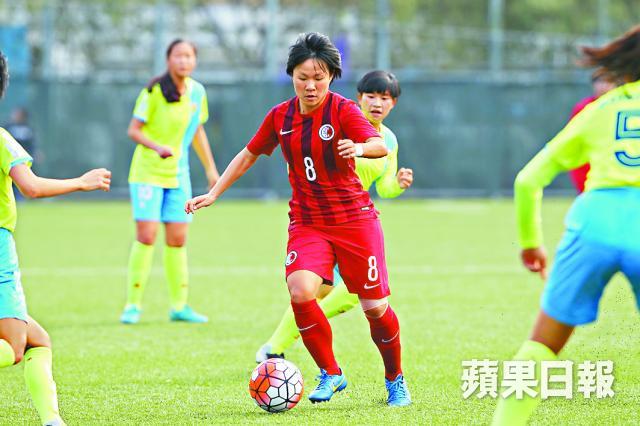
As a result, the teams that recruit the best players and have access to training sessions can easily overpower others. The women’s outfit of Citizen FC currently sits at the top of the league, having scored 72 goals and conceded just once in nine games. Lee has mixed feelings about the disparities in strength: “it’s all good winning a game by something like 27:0, but is this really going to encourage more players to take up the sport?”
Furthermore, both Lee and Lau emphasise the need to find sponsors for women’s football. While the league itself receives sponsorship, Lee says that some individual teams have had to collect money from players to purchase their own kit, and even their own balls. “In the lower divisions and the youth leagues, men’s teams are composed of amateur athletes who see the game as a hobby, and not a professional career. So why do they receive greater financial support than the women’s teams?”
Lau advocates transport subsidies for women who travel across the city every evening to play. Though she lived on Hong Kong Island, her training sessions with the Hong Kong team were invariably held across the harbour. Now having graduated from university, she has temporarily quit football to focus on her start-up company. “If I earn enough one day, I would hope to sponsor a women’s football team in Hong Kong.”
Coaching
At present, the only professional career option available for female footballers in the city is coaching. None have seized the limelight as much as Chan Yuen-ting, the 27-year-old head coach of Eastern in the Hong Kong Premier League. Last week, she made history as the first woman – reportedly anywhere in the world – to lead a men’s professional team to win the title of a top-division football league. A 2-1 win over South China gave Eastern an unassailable 4-point lead over second-placed Kitchee with one league game to spare. Her achievements received international media coverage, a rarity for Hong Kong football.
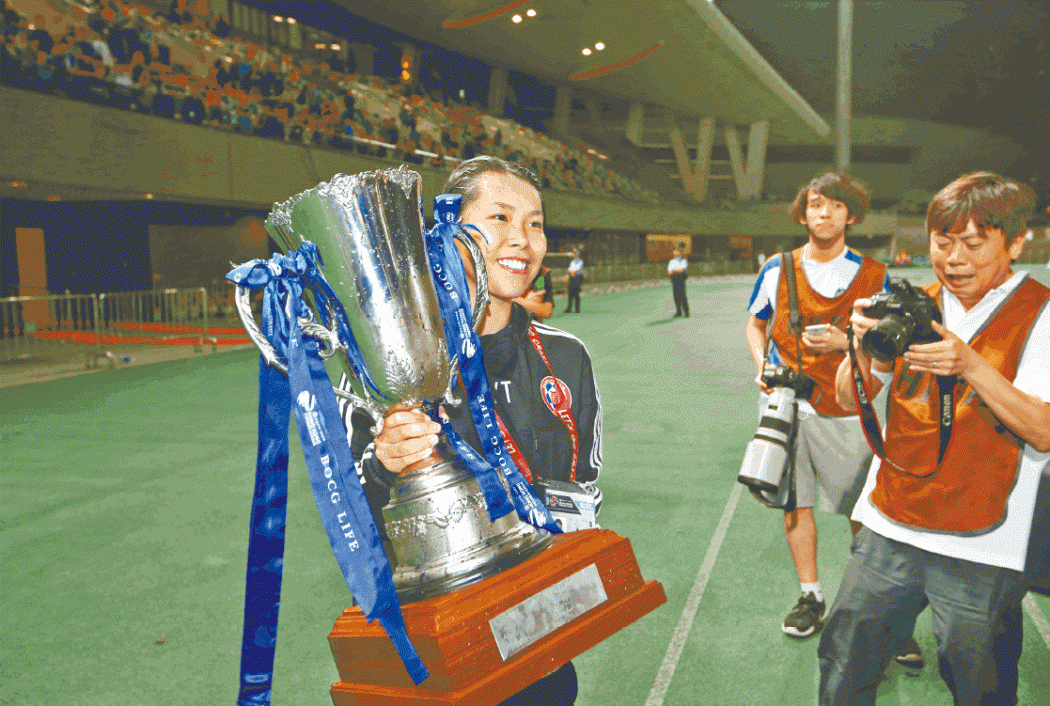
Nicknamed “Beef ball”, Chan is also the first ever female manager – and currently the youngest – in Hong Kong’s top division, having been appointed in December 2015. Following her orders are a host of local football stars such as Yapp Hong-fai, the goalkeeper of the Hong Kong men’s team, whose performances in the two World Cup qualifiers against China won plaudits.
Chelsea FC Soccer School coach Lee admits she was “lucky” that she was introduced to coaching at a young age, and began studying for certificates with the HKFA when she was only 18 years old. Yet in her managerial career so far, she has not been heavily involved with men’s teams, except when she invites them as training match opponents for her female players. “Playing against men will test our speed and physicality. Moreover, there just simply aren’t enough women’s teams in Hong Kong for us to find female opponents all the time.”
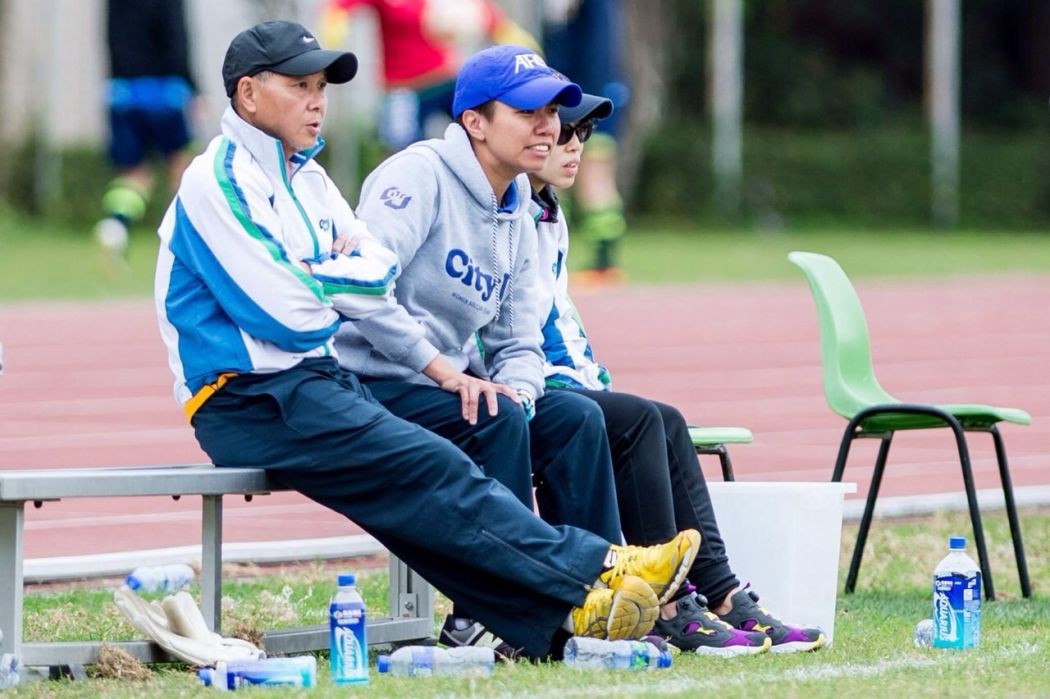
Overall, Lee believes that the new generation of female athletes have more opportunities to play than their predecessors. However, she is adamant that if they want to succeed, they have to be pro-active in reaching out to these opportunities. “There are now school and university outfits alongside the regular clubs, so young girls should sign up to play in different teams without regard to winning or losing.”
Her key piece of advice? “Don’t stay loyal to one manager.”
